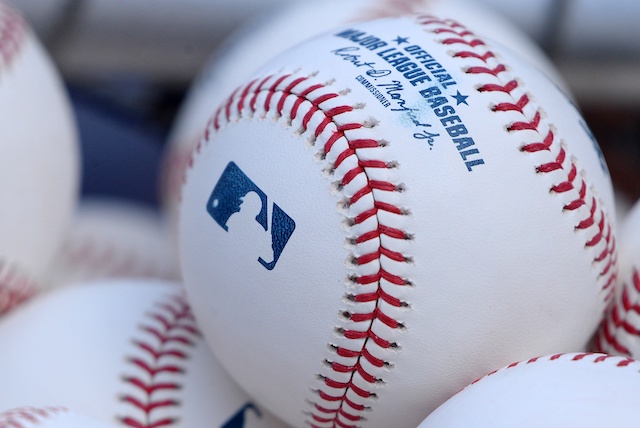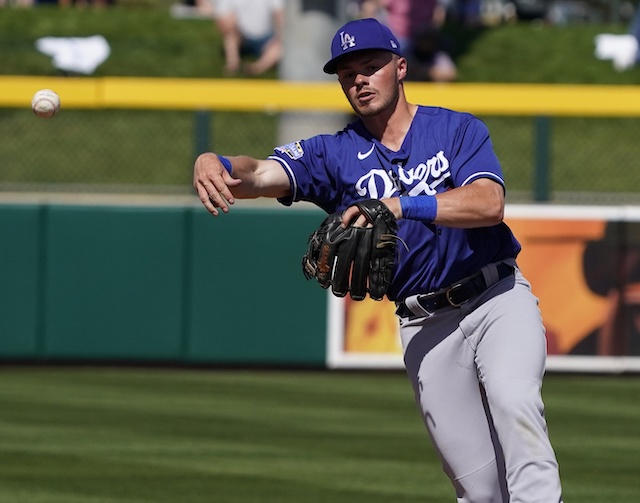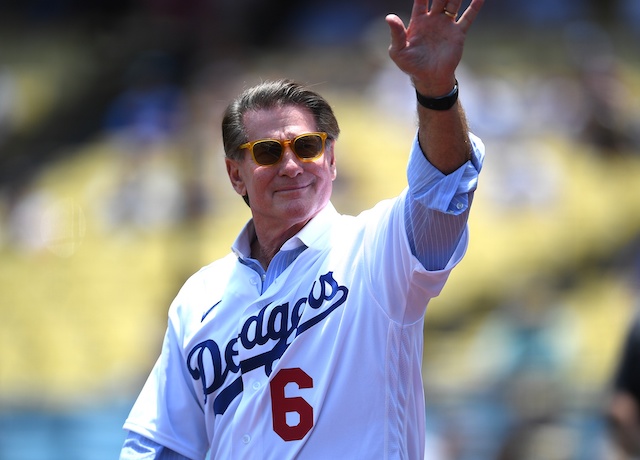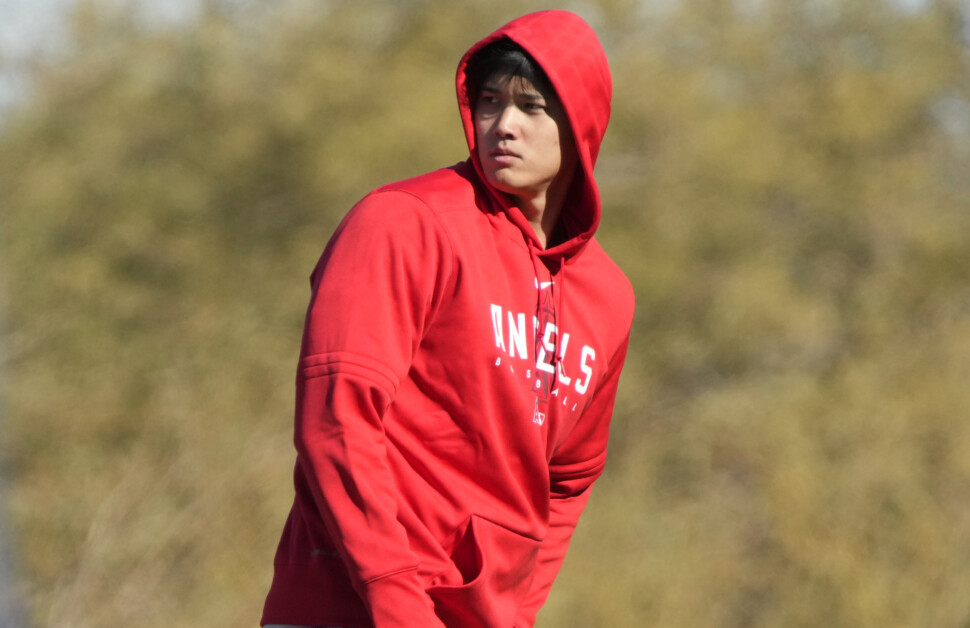Analytics have become a big part of how Major League Baseball teams operate, as players regularly rely on Statcast data and other advanced metrics to improve their game.
For pitchers in particular, much of the focus has been on increasing their spin rates. According to the MLB Glossary, a pitcher’s spin rate represents the rate of spin on a baseball and is measured in revolutions per minute.
The amount of spin on a pitch changes its trajectory, and the same pitch thrown at the same velocity usually will end up in a different place depending on how much it spins.
Thus, pitchers with higher spin rates typically generate more swing-and-misses. Increasing one’s spin rate can be as simple as changing mechanics, but the league suspects there are some players illegally altering game balls to get more movement on their pitches.
To prevent this from happening going forward, MLB has notified all 30 teams that it will begin monitoring Statcast data to determine if pitchers are applying foreign substances on baseballs, via Joel Sherman of the New York Post:
In an attempt to lessen the use by pitchers of foreign substances on balls, MLB is notifying clubs that it will begin using its Statcast data to analyze increases in spin rate, specifically for pitchers suspected of doctoring baseballs, The Post has learned.
But a memo to teams was planned for this week with the league saying it is back on the case of try to dissuade foreign-substance usage. MLB’s Statcast system allows the tracking of every pitch — its velocity, spin, and movement. MLB intended to use the data to compare with both career norms and in game to see if, say, a slider suddenly had more revolutions with runners on second and third in the sixth inning than with no one on in the first.
The consensus among players is that most pitchers have been using some form of a sticky substance on baseballs for years now.
While this gives an advantage to the pitcher, some hitters don’t seem to mind, as the sticky substance makes it easier to control where the ball goes and lessens the chance of a hit by pitch.
With MLB now cracking down on pitchers using foreign substances, it will be interesting to see how big of an impact it has on spin rates and strikeout totals.
Muncy calls MLB deadening baseballs ‘heartbreaking
Another major change MLB is making this season involves the actual baseball itself. The league plans to deaden the baseballs in effort of reducing the number of home runs hit.
Los Angeles Dodgers first baseman Max Muncy is among the many players to express disappointment with this decision. “Does them deadening it mean pitchers don’t throw 100 mph also?” Muncy said. “That’s my only question.
“I feel like the whole game is kind of triggered against the offense, and now they’re taking the one advantage we had. Maybe or maybe not the ball was a little juiced. They obviously have never confirmed that, but them saying they’re going to deaden the ball was kind of heartbreaking. But you’ve got to go out there and get around it somehow.
“We’ll see how it goes during spring. Hopefully we have the baseballs now and we can start seeing how they fly. It will be interesting to see how much of a difference it actually is.”
Have you subscribed to the Dodger Blue YouTube channel? It’s the best way to watch player interviews, exclusive coverage from events, participate in our shows, and more!








